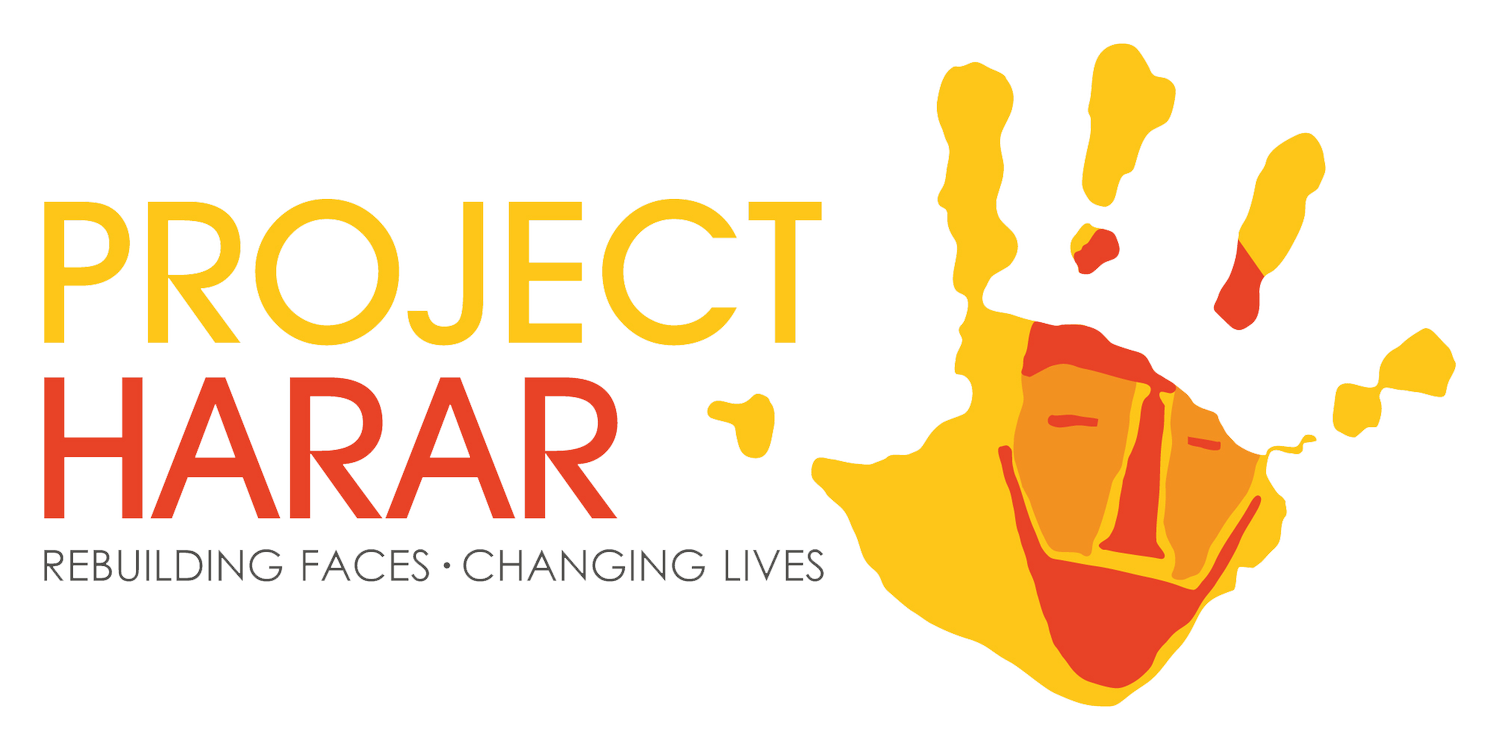Breastfeeding for families with cleft lip and palate
Breastfeeding is one of the most important factors for the health, physical development, and survival of a child. As a natural part of feeding new mothers and babies, it is absolutely important to uplift and support mothers who breastfeed.
In addition to the nutrition that it provides, breastfeeding helps to create a great bond between mothers and children that lasts a lifetime. As Project Harar has been able to work with many mothers and young children, we have seen the great impact breastfeeding has on the development of a child and its importance in creating that intimate bond between a child and a mother. As a result, we make a special effort to support mothers breastfeeding mothers during cleft treatment programmes and when providing nutritional advice for patients.
Our communications intern Ababo frequently assists our Project Harar staff during cleft treatment programmes and communicates with mothers who breastfeed their children, and mothers who have breastfed and share their experiences of doing this before and after their child or children have received cleft lip and palate surgery. Ababo has expressed that many of the mothers share similar circumstances when it comes to this particular topic, we asked her to contribute what she has gathered from her time in assisting programmes to this article:
“Working with children born with cleft lip and palate, I have had the chance to meet many mothers and listen to many stories where mothers were not able to breastfeed their children due to their conditions. Especially children born with cleft palate, who are not breastfeeding due to their palates. And as a result, many children suffer from malnutrition due to not getting the proper nutrients and are not able to get the surgery that they need. - Ababo, Communications intern.”
"Breastfeeding is one of the natural ways a mother can bond with their babies. And mothers consider it their greatest duty to their children. And most of the mothers I have met that were not able to breastfeed their children express how sad they feel about not getting the opportunity to breastfeed their children. Some feel mothers’ guilt for not being able to breastfeed their children and express how their children are not strong or healthy enough because they did not get their mother’s milk.
We have also seen many mothers return back crying because their children were not able to get the surgery due to malnutrition. They also compare them with other children who were breastfed and mention how strong and healthy they are. Most of the time after cleft surgery, mothers with cleft lip children can breastfeed and once they see those children born with cleft palates, they tell us how grateful they are because they have heard how hard it is to breastfeed them with their palate." The distinction is important to make, as it helps to inform people that there are disparities in breastfeeding disadvantages for children with cleft lip and palate. As cleft lip is external, it can hinder breastfeeding, but there is still a possibility of breastfeeding taking place. The Cleft palate is internal, taking place within a child's mouth, this heightens the risk of not being able to breastfeed the child if they cannot use their mouth muscles to feed from their mother.
At Project Harar, when a child with cleft lip and palate is seeking treatment but does not pass the screening tests due to malnutrition, we are sure to provide nutritional support and advice, this can happen through providing nutrition packs (including injera, powdered milk, peanut butter, etc) and our health workers teaching mothers the best ways to feed their child so they can gain more weight and nutrients. From this, we have recall sessions after a few months to check the progress with the families. We also refer them to other local hospitals that can provide further treatment for the child, and continue to remain in contact with the families.
It is our duty as a charity catering to primarily young children and mothers, but also as supporters of women's rights and families of low-income backgrounds, to provide a safe space where mothers can breastfeed freely. Where they can seek nutritional advice for their children and most importantly, receive access to treatment for cleft lip and palate surgery to immensely improve the lives of their children. Currently, Project Harar has partnerships with over 10 hospitals in Ethiopia where cleft treatment takes place, during this, we also provide nutritional packs, advice, and space for mothers to convene and share their experiences. This is vital, as we push for awareness of cleft lip and palate in rural communities and media. Reaching out to new mothers and providing assistance helps to save their children from hindered feeding and stigma from other mothers, family members and community members who have not encountered cleft lip and palate before.




